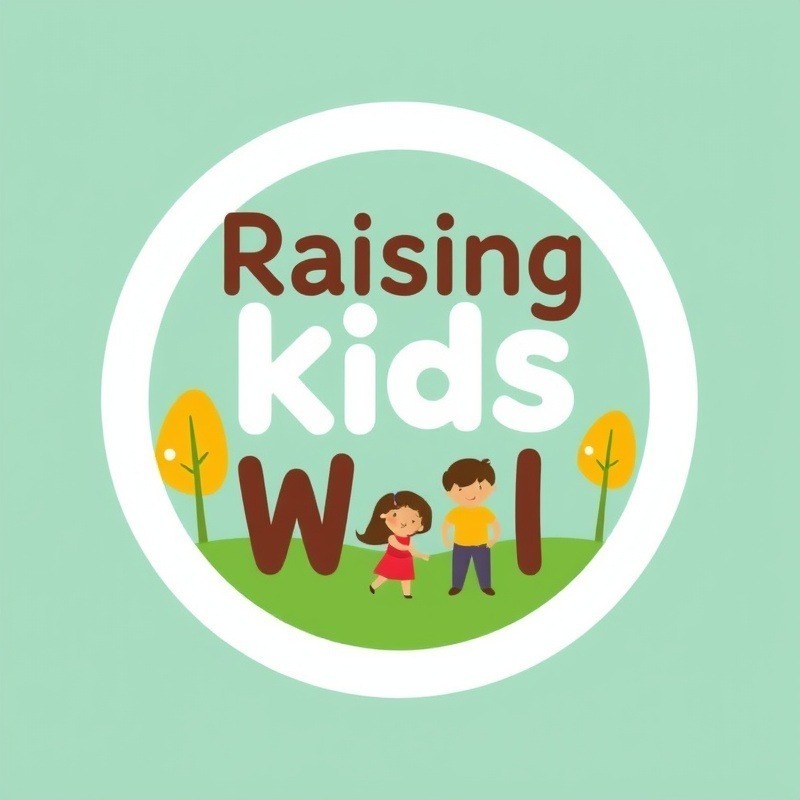
Understanding Task Initiation in ADHD and Autism
For parents of children with ADHD and autism, tackling the challenge of starting tasks can feel overwhelming. More than just procrastination, task initiation issues stem from a complex web of executive functioning skills – a crucial set of cognitive processes that serve as our brain's management system. Children, especially those with ADHD or autism, may struggle to begin activities due to factors such as sensory overload, low motivation, and difficulties with impulse control and emotional regulation. Understanding how these factors contribute can help parents develop effective strategies to support their children.
Why Task Initiation Matters
Task initiation is critical for success both in academic settings and life beyond school. Children who struggle with starting tasks may appear unmotivated, but in reality, they could be facing cognitive barriers. As an insightful resource highlights, up to 80% of autistic children face executive functioning challenges, which can undermine their ability to engage fully in learning and everyday activities. These challenges not only impact their education but can also lead to issues with self-esteem and social interactions.
Enhancing Task Initiation: Proven Strategies
To empower parents, here are several actionable strategies to help children with ADHD and autism start tasks:
- Start Small: Encourage your child to focus on one small aspect of a task for a brief period (5-10 minutes) to help them overcome initial reluctance. This time-limited approach can ease anxiety around larger tasks, making it less daunting.
- Visual Aids: Utilize lists or visual schedules that break tasks into smaller, more manageable steps. Visual supports can help children see a clear path forward and reduce the feeling of being overwhelmed.
- Create an Engaging Environment: Modify the workspace to reduce distractions. Background music without lyrics and sensory-friendly materials can enhance focus and make starting tasks more enjoyable.
- Leverage Interests: Connect tasks with subjects your child enjoys. For example, if they love video games, frame math problems through a game-like structure to stimulate engagement and motivation.
- Positive Reinforcement: Celebrate small victories! Recognizing progress, no matter how minor, can boost morale and encourage persistence.
Real-Life Applications: Parallel Examples
A compelling example of the effectiveness of these strategies can be drawn from the ADHD community, where the significance of external factors has been emphasized. One parent shared that incorporating playful elements, such as using a cooking timer and transforming cleanup into a race against time, has drastically improved their daughter's willingness to assist around the house. By emphasizing fun and urgency, the once-dreaded task of cleaning becomes a game.
Future Opportunities: Building Lasting Skills
Investing time in developing task initiation skills not only supports children in their current academic pursuits, but lays the foundation for long-term success in life. Parents might consider collaborating with educators to ensure consistency in strategies used at home and in the classroom, maximizing their child's potential to thrive.
As you implement these strategies, remember that patience and flexibility are both crucial. Every child is unique; what works for one might not work for another. Observing and responding to your child's needs with compassion can pave the way for successful task initiation.
To further explore strategies and share experiences, parents are encouraged to join local support groups or online forums where they can connect with others who share similar struggles and triumphs. Collective learning can deepen understanding and foster a sense of community.
Your Child's Success Starts With Action
Taking informed action can significantly impact your child's ability to engage with tasks. Remember, fostering task initiation skills takes time, but the rewards are immense. Start small, remain curious, and celebrate progress at each step of the journey!
 Add Row
Add Row  Add
Add 



Write A Comment